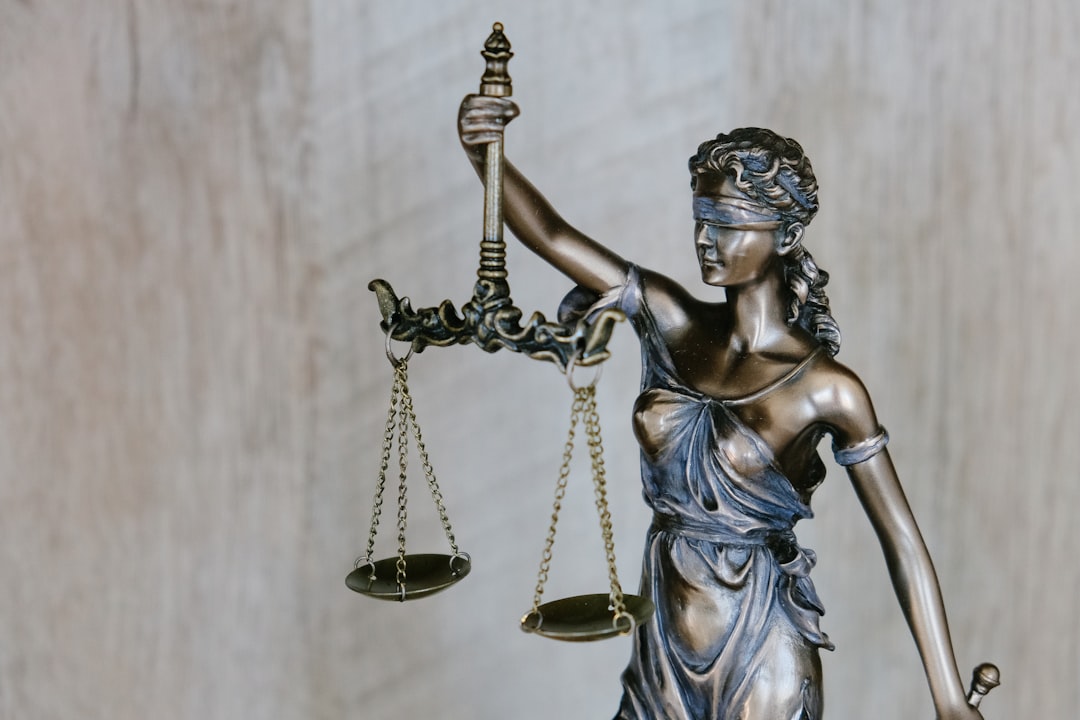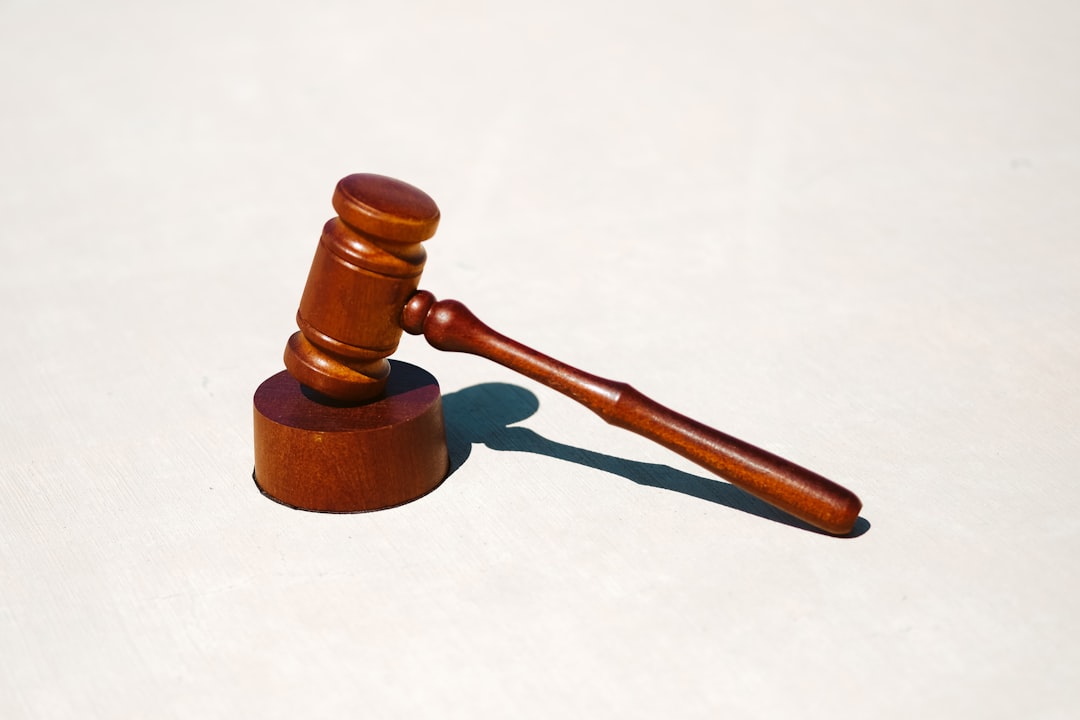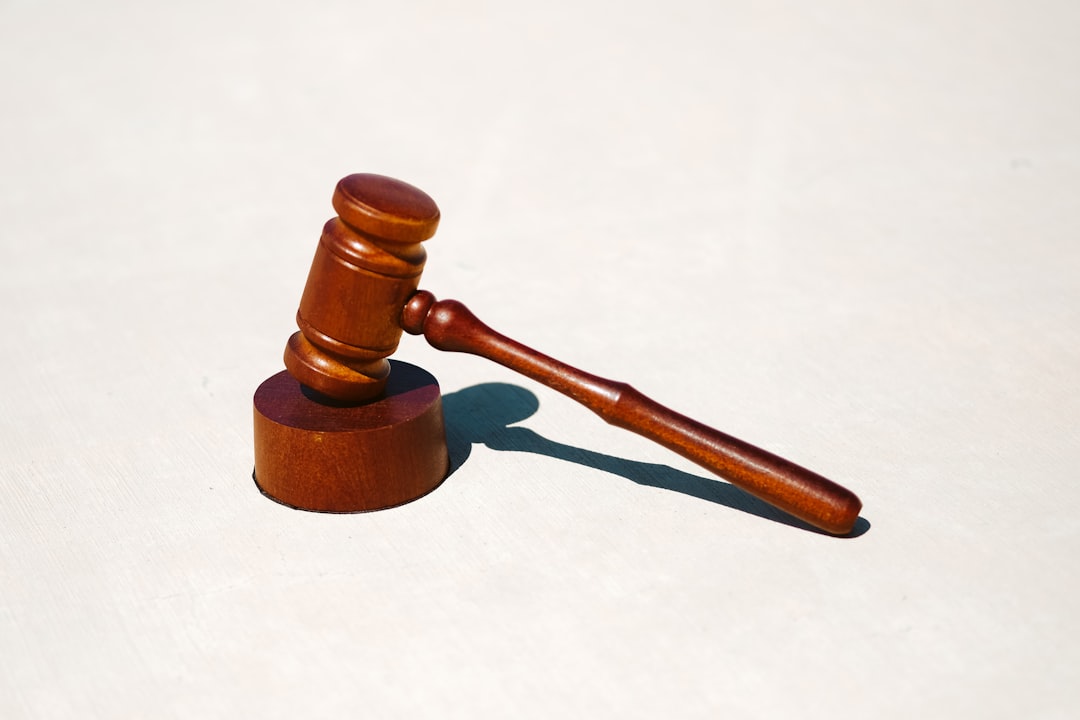“In Connecticut, navigating assault cases requires a deep understanding of local laws and robust legal strategies. This comprehensive guide delves into the intricacies of assault legislation, highlighting critical aspects that shape outcomes. From understanding diverse assault forms to employing effective evidence-based legal tactics, this article offers valuable insights. Additionally, it explores the pivotal role of a sexual assault lawyer in Connecticut, providing support and resources tailored for survivors. Empowered with knowledge, victims can ensure justice and healing.”
Understanding Assault Laws in Connecticut: A Comprehensive Overview

In Connecticut, assault laws are designed to protect individuals from unwanted and harmful physical contact or threats. Both simple and aggravated assault are considered criminal offenses, with penalties that can include fines, community service, or even jail time. Sexual assault, a specific type of aggravated assault, is taken particularly seriously and carries enhanced penalties due to its severe impact on victims.
A sexual assault lawyer in Connecticut plays a crucial role in navigating these complex legal issues. They provide specialized knowledge and expertise in handling cases involving rape, sexual battery, or any other form of non-consensual sexual contact. Such attorneys understand the emotional trauma associated with such incidents and work diligently to ensure that victims’ rights are protected throughout the legal process.
The Role of a Sexual Assault Lawyer in Connecticut

In Connecticut, sexual assault cases often involve complex legal and emotional challenges. This is where a skilled sexual assault lawyer plays a pivotal role. They are advocates who specialize in defending victims’ rights and ensuring they receive justice. A sexual assault lawyer in Connecticut will guide clients through the intricate legal system, explaining their options and rights under the law.
These attorneys have extensive knowledge of state laws pertaining to sexual offenses and can navigate the potential complexities of such cases. They provide support and representation, helping victims feel empowered while advocating for their best interests. Their expertise extends to gathering evidence, interviewing witnesses, and constructing a robust legal strategy to ensure the best possible outcome in court.
Building a Strong Case: Evidence and Legal Strategies

Building a strong case for assault, especially sexual assault, in Connecticut requires meticulous attention to detail and a robust legal strategy. The first step is to gather comprehensive evidence, including medical records, witness statements, and any physical proof relevant to the incident. A skilled sexual assault lawyer in Connecticut will instruct clients on what to do immediately after an assault to preserve this evidence. This may involve preserving security camera footage, collecting clothing or other items for testing, and ensuring thorough documentation of injuries.
Legal strategies for such cases often focus on establishing a clear timeline of events, corroborating witness accounts, and challenging any contradictory information. Sexual assault lawyers in Connecticut are well-versed in navigating the complexities of these cases, utilizing expert witnesses, forensic evidence, and legal precedents to build a compelling argument. The goal is to present a thorough and irrefutable case that ensures justice for the victim and a fair trial for the accused.
Support and Resources for Survivors in Connecticut

In Connecticut, survivors of assault, including sexual assault, have access to a range of support and resources designed to aid their recovery and justice pursuit. Many organizations operate within the state, offering legal assistance, counseling, and advocacy services specifically tailored for victims. A sexual assault lawyer in Connecticut can guide survivors through navigating the legal system, ensuring they understand their rights and options. These professionals help with filing police reports, pursuing criminal charges, and even civil lawsuits against perpetrators or institutions responsible.
Local communities also host support groups where individuals can connect with others who have experienced similar traumas, fostering a sense of community and shared understanding. Additionally, Connecticut’s legal aid organizations provide free or low-cost legal services to eligible survivors, assisting them in securing protective orders, managing custody arrangements, and accessing compensation for their injuries. These resources collectively aim to empower survivors, offering them the tools and support necessary to rebuild their lives and seek justice.






